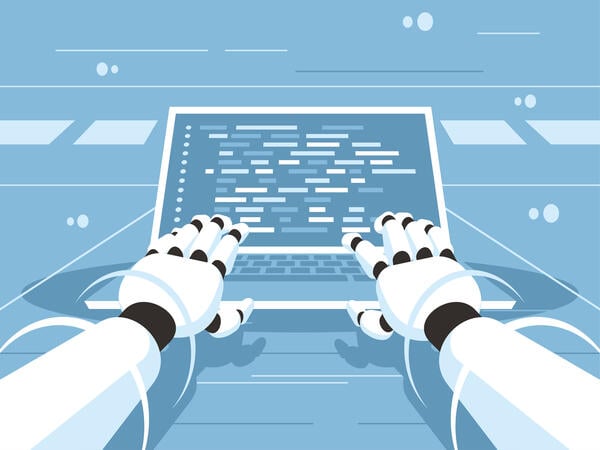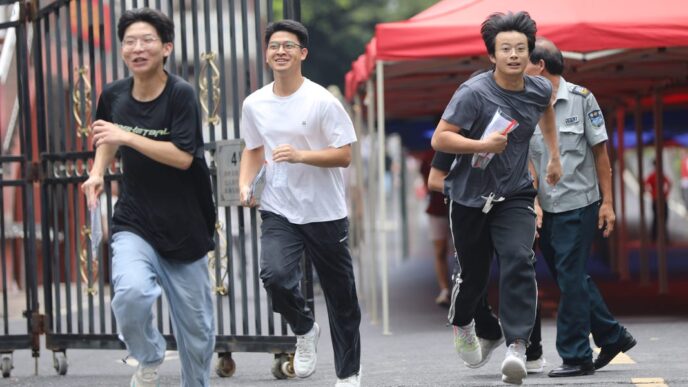Kevin Frazier, AI Innovation and Law Fellow at UT School of Law, wants AI to plagiarize his work. Not plagiarism in the usual sense—he openly invites AI models to train on his research and writings, including his new paper, Large Language Scholarship.
Frazier says the obsession with traditional authorship and citation in academia is blocking huge gains in knowledge sharing and creation. He argues AI’s role should shift from worrying about credit to maximizing impact.
He shared the idea recently at a law school workshop, where initial curiosity turned into pushback focused solely on attribution. Colleagues stalled on fears that AI use equals plagiarism, halting any deeper discussion of AI’s potential to accelerate and democratize scholarship.
“Please plagiarize me. Train your models on my articles, my analyses, my proposals for legal reform around AI—even on the ideas in ‘Large Language Scholarship.’ If an AI, having processed my research, helps a start-up navigate regulatory hurdles, assists a policymaker or simply explains a complex legal doctrine to a student, isn’t that the ultimate fulfillment of my work’s purpose?”
“My goal as a scholar isn’t personal renown. It’s about the ideas themselves and their potential impact. It’s about contributing to a body of knowledge that can lead to tangible improvements.”
Frazier calls for a new norm: instead of policing AI-generated content for citations, embrace how AI synthesizes and remixes knowledge. He warns that clinging to old rules on authorship risks stifling innovation.
“The potential benefits of AI-powered knowledge generation are too immense to be held hostage by academic vanity or anxieties about attribution. Let the AI learn from us. Let it synthesize, remix and build upon our work.”
In short: Frazier wants AI to freely use his work to speed innovation, even if it means no footnotes. The prize isn’t credit—it’s impact.














